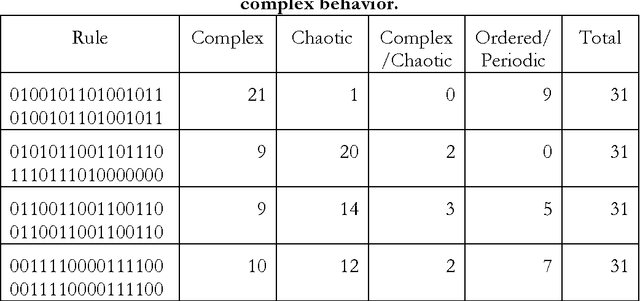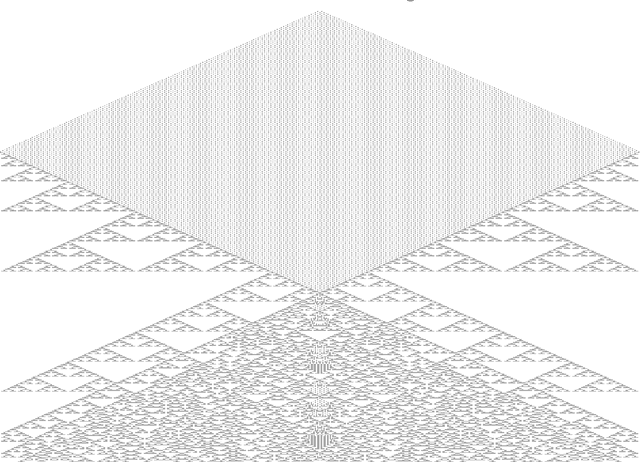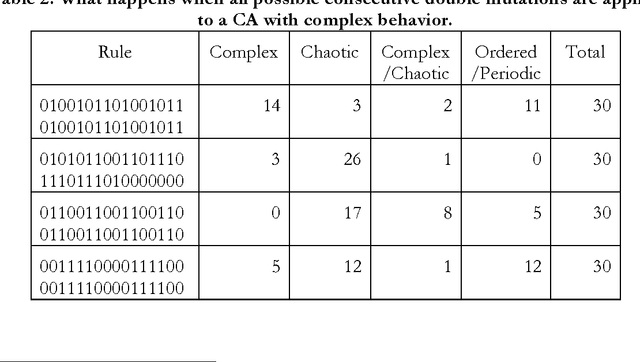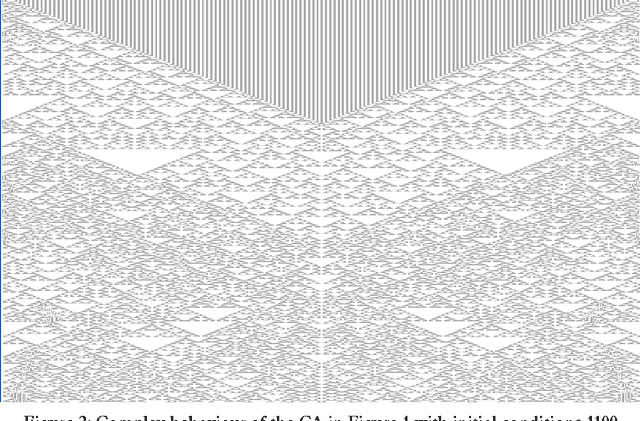Francisco José Soler Gil
Is the Multiverse Hypothesis capable of explaining the Fine Tuning of Nature Laws and Constants? The Case of Cellular Automata
Mar 30, 2013



Abstract:The objective of this paper is analyzing to which extent the multiverse hypothesis provides a real explanation of the peculiarities of the laws and constants in our universe. First we argue in favor of the thesis that all multiverses except Tegmark's <<mathematical multiverse>> are too small to explain the fine tuning, so that they merely shift the problem up one level. But the <<mathematical multiverse>> is surely too large. To prove this assessment, we have performed a number of experiments with cellular automata of complex behavior, which can be considered as universes in the mathematical multiverse. The analogy between what happens in some automata (in particular Conway's <<Game of Life>>) and the real world is very strong. But if the results of our experiments can be extrapolated to our universe, we should expect to inhabit -- in the context of the multiverse -- a world in which at least some of the laws and constants of nature should show a certain time dependence. Actually, the probability of our existence in a world such as ours would be mathematically equal to zero. In consequence, the results presented in this paper can be considered as an inkling that the hypothesis of the multiverse, whatever its type, does not offer an adequate explanation for the peculiarities of the physical laws in our world. A slightly reduced version of this paper has been published in the Journal for General Philosophy of Science, Springer, March 2013, DOI: 10.1007/s10838-013-9215-7.
* 30 pages, 16 figures, 5 tables. Slightly reduced version published in Journal for General Philosophy of Science
 Add to Chrome
Add to Chrome Add to Firefox
Add to Firefox Add to Edge
Add to Edge